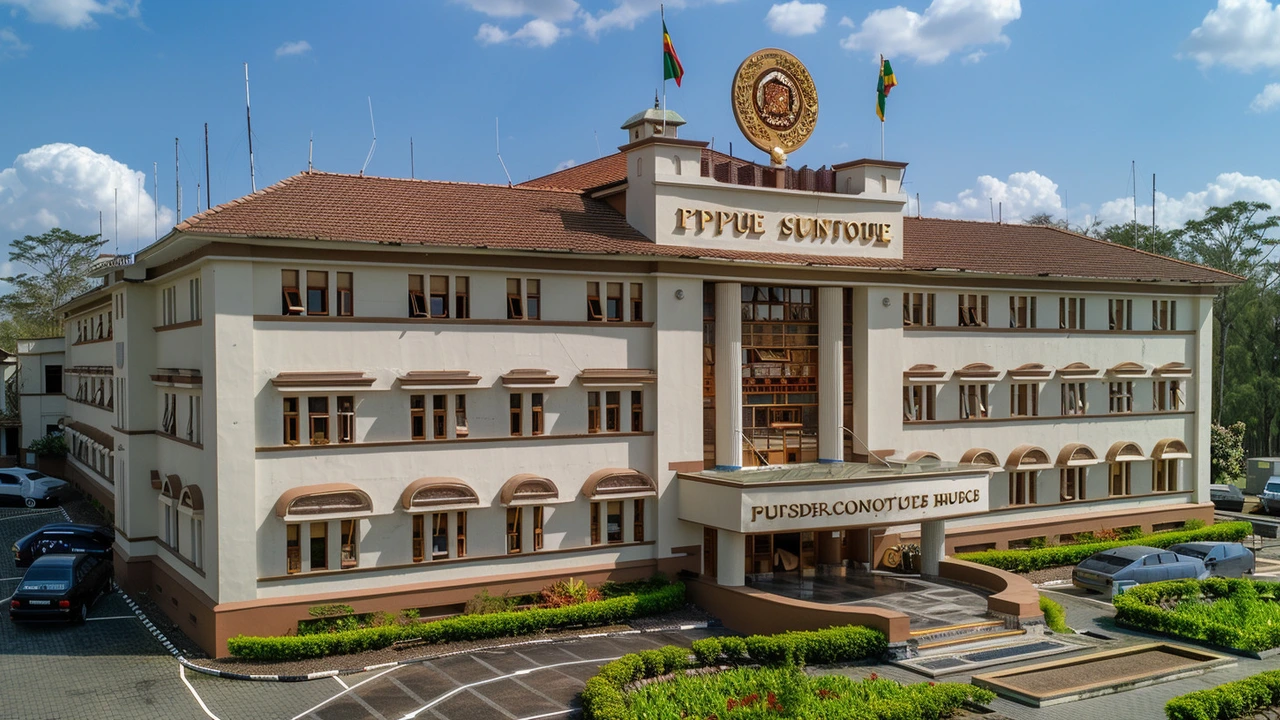Kenya Forest Service (KFS) is the agency that protects Kenya’s forests, water catchments and the wildlife that depends on them.
If you care about clean water, flood prevention or steady rains for farmers, KFS matters. They manage national forests, run restoration projects and enforce laws against illegal logging and charcoal trade.
What KFS does on the ground is straightforward. Rangers patrol forests, cut off illegal timber chains, and fight forest fires. KFS works with local communities to set up community forest associations that share benefits and responsibilities. They also plant trees in degraded areas, replace invasive species and restore key water towers such as Mau, Mount Kenya and the Aberdare range. When forests recover, rivers flow better and small-scale farmers get more reliable water.
Why the work feels urgent: Kenya’s forests face pressure from settlement, commercial logging, charcoal production and agricultural expansion. Climate change makes droughts and fires worse. When forests are lost, soils wash away, rivers dry up and towns downstream face water shortages. That means higher food prices and bigger risks for hydropower and industry.
KFS has tools you can see and use. The agency enforces the Forest Conservation and Management laws, issues permits for tree harvesting, and works with police to arrest suspects. They also partner with NGOs, donors and businesses for funding and technical help. Some projects pay farmers to grow trees or protect natural forests in exchange for small cash or training. That model helps reduce the incentive to cut trees for quick cash.
How to spot and report problems. Watch for chainsaw noise, trucks hauling logs at night, or sudden cleared patches on slopes and riverbanks. If you see a charcoal kiln near a water source or a seller with suspicious timber, take a photo, note location and contact local KFS offices or your county environment office. If you prefer anonymity, share tips with local community forest associations or environmental NGOs that work with KFS.
How you can help right now. Plant native trees in school compounds and homesteads. Support community tree nurseries by buying seedlings. Vote for local leaders who back forest protection and water conservation. If you run a business, check your supply chain—ask suppliers where timber and charcoal come from and demand legal certification.
KFS does a tough job with limited resources. Progress shows when restored patches expand, river flows improve and fewer illegal operations get reported. But long-term success depends on communities, counties and national policy working together. Protecting forests is protecting Kenya’s future—clean water, stronger farms and safer towns.
Recent years have seen more tech use: KFS and partners use satellite maps, drones and mobile apps to spot illegal clearing faster. That helps rangers act before damage spreads. Training programmes for young forestry officers and community scouts are growing too, creating jobs and local pride. If you want to get involved, look for tree-planting days, volunteer with a local conservation group, or support campaigns that push for stronger penalties for illegal loggers. Every small action adds up. Start today.

Kenya Forest Service, Communications Authority, and Kenya Airport Authority Announce Over 250 Job Openings: Detailed Guide on How to Apply
Keabetswe Monyake Jun 11 13Kenya Forest Service, Communications Authority of Kenya, and Kenya Airport Authority have opened over 250 jobs. Positions include Office Assistant, Plant Operator, Monitoring Officer, and Airport Manager. Candidates can apply online and send hard copies of their documents. Deadlines range from June 24 to July 2, 2024. Detailed application procedures are outlined.
More Detail